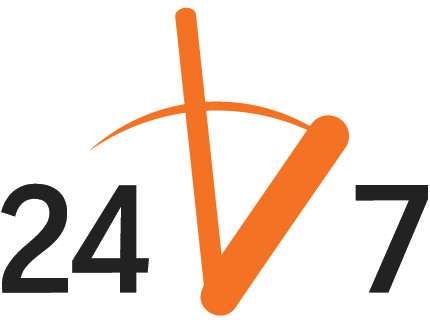FBI Phone-Tracking Tool More Intrusive Than Previously Believed, Court Case Reveals

We learned recently that the feds use "stingray" phone-tracking technology — devices that mimic cellphone towers to ping mobile devices and so locate them — without informing judges of what they're doing. Instead, when they bother seeking judicial permission, they generally conceal requests for permission to track mobile devices as paperwork for old-fashioned, less-intrusive pen registers. The practice is so common that higher-ups have no idea how often stingray technology is actually used in the field.
Now, courtesy of legal proceedings involving the technology, we find out that stingray phone tracking is even more intrusive than suspected. At least in this case, Verizon was persuaded to remotely reprogramm an air card to make it more responsive to the FBI's tracking efforts — without a warrant or the full knowledge of a judge as to what was being done.
From Wired:
A legal fight over the government's use of a secret surveillance tool has provided new insight into how the controversial tool works and the extent to which Verizon Wireless aided federal agents in using it to track a suspect.
Court documents in a case involving accused identity thief Daniel David Rigmaiden describe how the wireless provider reached out remotely to reprogram an air card the suspect was using in order to make it communicate with the government's surveillance tool so that he could be located.
Rigmaiden, who is accused of being the ringleader of a $4 million tax fraud operation, asserts in court documents that in July 2008 Verizon surreptitiously reprogrammed his air card to make it respond to incoming voice calls from the FBI and also reconfigured it so that it would connect to a fake cell site, or stingray, that the FBI was using to track his location.
Air cards are devices that plug into a computer and use the wireless cellular networks of phone providers to connect the computer to the internet. The devices are not phones and therefore don't have the ability to receive incoming calls, but in this case Rigmaiden asserts that Verizon reconfigured his air card to respond to surreptitious voice calls from a landline controlled by the FBI.
The FBI calls, which contacted the air card silently in the background, operated as pings to force the air card into revealing its location.
In order to do this, Verizon reprogrammed the device so that when an incoming voice call arrived, the card would disconnect from any legitimate cell tower to which it was already connected, and send real-time cell-site location data to Verizon, which forwarded the data to the FBI. This allowed the FBI to position its stingray in the neighborhood where Rigmaiden resided. The stingray then "broadcast a very strong signal" to force the air card into connecting to it, instead of reconnecting to a legitimate cell tower, so that agents could then triangulate signals coming from the air card and zoom-in on Rigmaiden's location.
Local police departments often play "follow the leader" with federal agencies, especially the FBI, when it comes to legal standards and behavior — including surveillance. The Los Angeles Police Department has already been caught using stingray technology as a routine tool, describing it in court papers as "pen register/trap and trace" just like their friends in D.C. If the FBI gets away with its actions in the Rigmaiden case, expect indiscriminate phone tracking to become a common practice.
Follow this story and more at Reason 24/7.
If you have a story that would be of interest to Reason's readers please let us know by emailing the 24/7 crew at 24_7@reason.com, or tweet us stories at @reason247.


Show Comments (20)